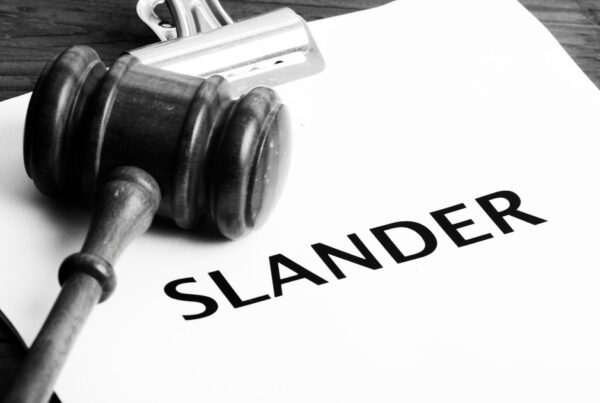Living in a condominium offers a unique lifestyle, with shared amenities and communal responsibilities. As a condo owner in Florida, it’s essential to understand your rights and responsibilities. This is so that you can make the most of your investment and ensure harmonious living.
In this blog post, we’ll provide you with a comprehensive guide that explains the key rights you possess as a condo owner and the responsibilities you must uphold. Whether you’re a first-time condo owner or seeking clarity on your existing obligations, this article will equip you with the knowledge you need.
Ownership Rights
Exclusive Ownership of Individual Unit
As a condo owner, you hold exclusive ownership rights to your individual unit, allowing you to occupy, modify, or sell it. These rights extend to the interior space of your unit, subject to the governing documents of the condominium association.
Shared Ownership of Common Areas
Alongside individual ownership, you also enjoy shared ownership of common areas such as hallways, lobbies, elevators, swimming pools, and fitness centers. These shared areas are collectively maintained by the condominium association.
Association Membership & Voting Rights
Membership in the Condominium Association
As a condo owner, you automatically become a member of the condominium association. This membership grants you certain rights, including the ability to participate in association meetings, vote on important matters, and elect the association’s board of directors.
Voting Rights & Decision-Making
You have the right to cast your vote on various condominium matters, such as the adoption of bylaws, special assessments, and budget approvals. Participating in association meetings and staying informed about upcoming decisions allows you to actively contribute to the governance of the condominium community.
Financial Obligations
Payment of Regular Assessments
Condo owners are responsible for paying regular assessments or maintenance fees. These cover the costs of common area maintenance, repairs, insurance, and other shared expenses. These assessments are typically determined based on the unit’s size and shared ownership percentage.
Special Assessments & Reserve Funds
In addition to regular assessments, condo owners may be required to contribute to special assessments for unexpected repairs, renovations, or major capital improvements. It’s crucial to understand your obligation to pay these assessments as they arise.
Compliance with Governing Documents & Rules
Understanding Governing Documents
Condo owners must familiarize themselves with the condominium’s governing documents. Such documents typically include the declaration, bylaws, and rules and regulations. These documents outline the rights and obligations of owners, as well as the operational guidelines for the community.
Adherence to Rules & Regulations
To maintain harmony within the community, condo owners must abide by the rules and regulations established by the condominium association. These rules may cover pet policies, noise restrictions, rental limitations, and architectural guidelines, among others.
Conclusion
Being a condo owner in Florida comes with a unique set of rights and responsibilities. Understanding these key aspects is essential for a smooth and fulfilling living experience within the condominium community.
For more advice on condominium law, contact one of our experienced real estate attorneys at 305-570-2208. You can also email our lead attorney Eduardo directly at eduardo@ayalalawpa.com.
We at Ayala Law PA are passionate about helping those in legal need, so please don’t hesitate to schedule a case evaluation with us online here.







